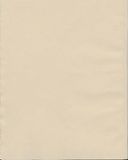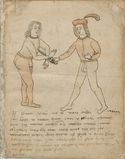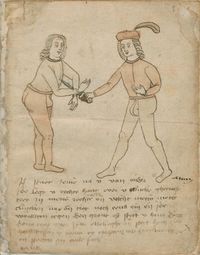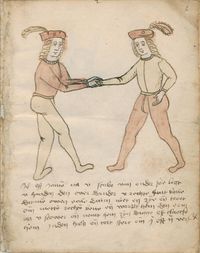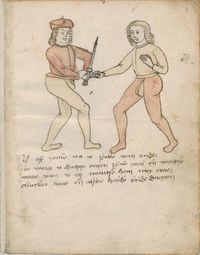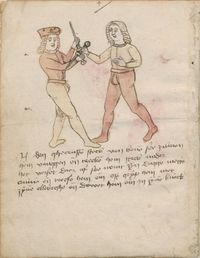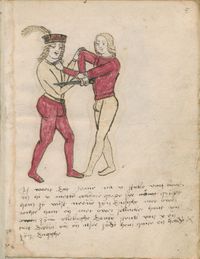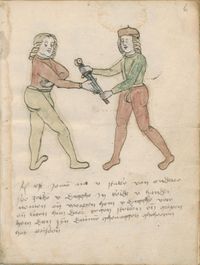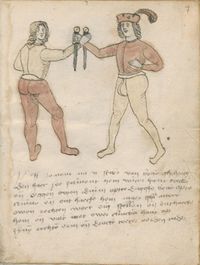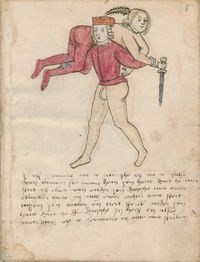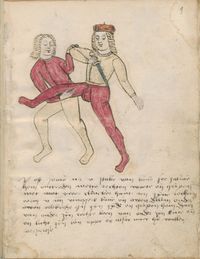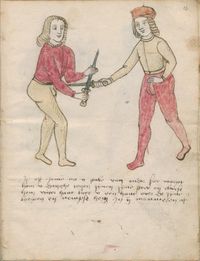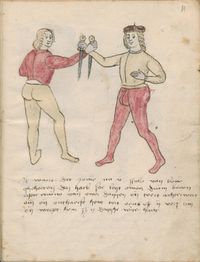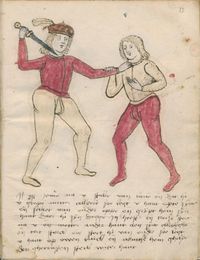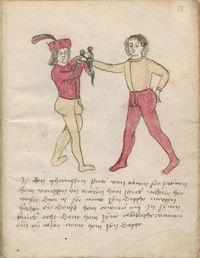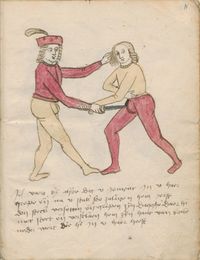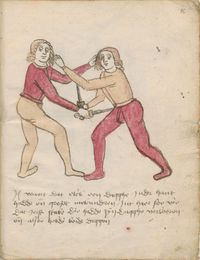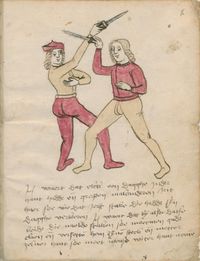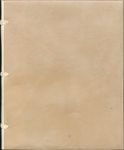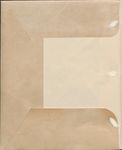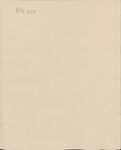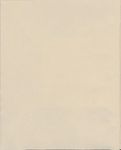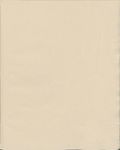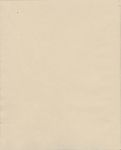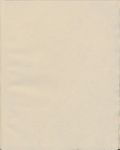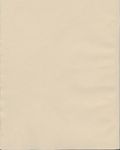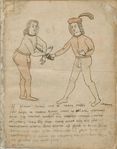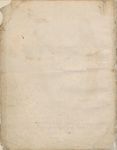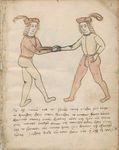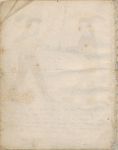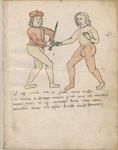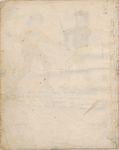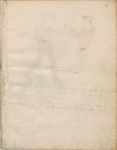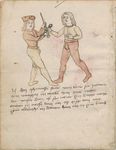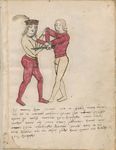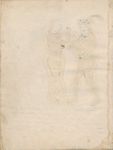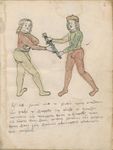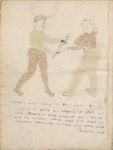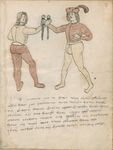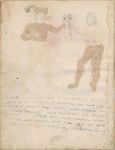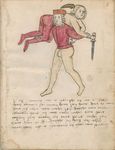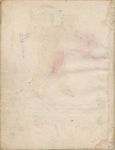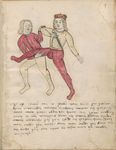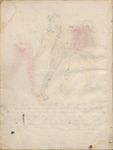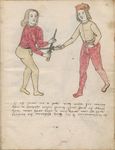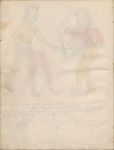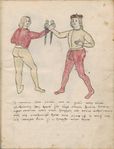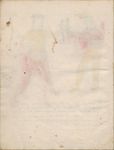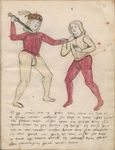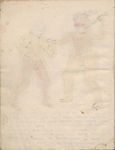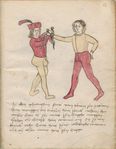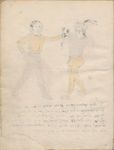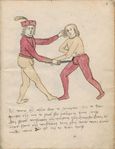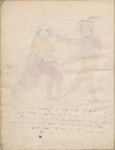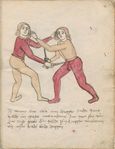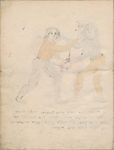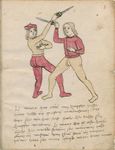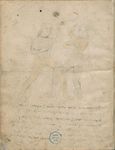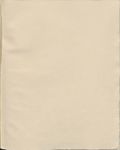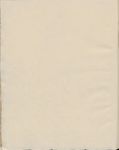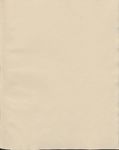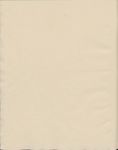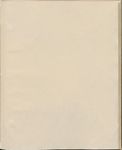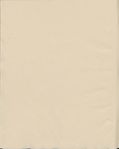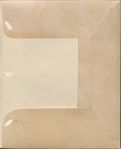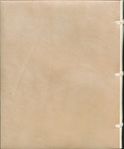|
|
You are not currently logged in. Are you accessing the unsecure (http) portal? Click here to switch to the secure portal. |
Difference between revisions of "Vechtboek (MS BPL.3281)"
Jump to navigation
Jump to search
| Line 66: | Line 66: | ||
! id="thin" | Images | ! id="thin" | Images | ||
| − | ! | + | ! {{rating|B}} |
by [[Reinier van Noort]] | by [[Reinier van Noort]] | ||
! Transcription | ! Transcription | ||
| Line 75: | Line 75: | ||
| | | | ||
If someone thrusts at you below the arm, then place your right hand crosswise over your left, step in with the right and follow after with the left, and step in once more and in this way throw him against the ground, or thrust your hand through deep to over his elbow and thrust his head between your legs and clap on his [right] and thrust in one [go]. | If someone thrusts at you below the arm, then place your right hand crosswise over your left, step in with the right and follow after with the left, and step in once more and in this way throw him against the ground, or thrust your hand through deep to over his elbow and thrust his head between your legs and clap on his [right] and thrust in one [go]. | ||
| − | | | + | | {{paget2|page:MS BPL.3281|01r|jpg}} |
| − | {{ | ||
|- | |- | ||
| Line 82: | Line 81: | ||
| | | | ||
If someone thrusts at you from below then place your hands one over the other your right hand on top so that your one thumb is not in<ref>It is unclear what “niet en” means here. It could imply that the thumb is “not in”, or that it is “not one”, i.e. not alone–supported by the other hand.</ref> and step around with the right leg and throw his arm on your shoulder and take his dagger, or strike him in the neck and twist around strongly one or two turns. | If someone thrusts at you from below then place your hands one over the other your right hand on top so that your one thumb is not in<ref>It is unclear what “niet en” means here. It could imply that the thumb is “not in”, or that it is “not one”, i.e. not alone–supported by the other hand.</ref> and step around with the right leg and throw his arm on your shoulder and take his dagger, or strike him in the neck and twist around strongly one or two turns. | ||
| − | | | + | | {{paget2|page:MS BPL.3281|02r|jpg}} |
| − | {{ | ||
|- | |- | ||
| Line 89: | Line 87: | ||
| | | | ||
If someone thrusts at you from below, then throw your dagger against his thrust and throw it far from you, or take it from him with your left hand and then you have both daggers. | If someone thrusts at you from below, then throw your dagger against his thrust and throw it far from you, or take it from him with your left hand and then you have both daggers. | ||
| − | | | + | | {{paget2|page:MS BPL.3281|03r|jpg}} |
| − | {{ | ||
|- | |- | ||
| Line 96: | Line 93: | ||
| | | | ||
The crosswise thrust from above you will catch thus and then pull him down strongly. The counter to that, then take his dagger with your [pommel]<ref>A literal translation of “cruine” would be “crown”.</ref> and pull it around or grab him by his elbow and push it around into his belly. | The crosswise thrust from above you will catch thus and then pull him down strongly. The counter to that, then take his dagger with your [pommel]<ref>A literal translation of “cruine” would be “crown”.</ref> and pull it around or grab him by his elbow and push it around into his belly. | ||
| − | | | + | | {{paget2|page:MS BPL.3281|04v|jpg}} |
| − | {{ | ||
|- | |- | ||
| Line 103: | Line 99: | ||
| | | | ||
If someone thrusts at you from above and he grabs you by your clothing, then grab his fist. Take his dagger with your right hand and with your left at his elbow push strongly from you and twist around doubly and so you are [released from] him and have his dagger. | If someone thrusts at you from above and he grabs you by your clothing, then grab his fist. Take his dagger with your right hand and with your left at his elbow push strongly from you and twist around doubly and so you are [released from] him and have his dagger. | ||
| − | | | + | | {{paget2|page:MS BPL.3281|05r|jpg}} |
| − | {{ | ||
|- | |- | ||
| Line 110: | Line 105: | ||
| | | | ||
If someone thrusts at you from below you will take your dagger in both your hands and throw your dagger in front of him and let him thrust against it and then grab his thumb captured named the prison. | If someone thrusts at you from below you will take your dagger in both your hands and throw your dagger in front of him and let him thrust against it and then grab his thumb captured named the prison. | ||
| − | | | + | | {{paget2|page:MS BPL.3281|06r|jpg}} |
| − | {{ | ||
|- | |- | ||
| Line 117: | Line 111: | ||
| | | | ||
If someone thrusts at you from above, named the hook, thus you will pull it from his hand and place your thumb on top of the dagger on the pommel and hook<ref name="unhook">A more literal translation would be “unhook”.</ref> it, but you must set your right foot around and hook him and fall with your left hand on his right arm and push it [all] further down. | If someone thrusts at you from above, named the hook, thus you will pull it from his hand and place your thumb on top of the dagger on the pommel and hook<ref name="unhook">A more literal translation would be “unhook”.</ref> it, but you must set your right foot around and hook him and fall with your left hand on his right arm and push it [all] further down. | ||
| − | | | + | | {{paget2|page:MS BPL.3281|07r|jpg}} |
| − | {{ | ||
|- | |- | ||
| Line 124: | Line 117: | ||
| | | | ||
If someone strikes at you or thrusts at you from above then take his hand with which he thrusts or strikes from below his dagger with your left hand and with your right hand thrust between his legs and strongly pull down his hand in which he has the dagger and so throw him on your shoulders and go with the snare.<ref>The meaning of the Dutch word “striken” is unclear in this context. Here, it is interpreted as “strikken”; “snares”.</ref> | If someone strikes at you or thrusts at you from above then take his hand with which he thrusts or strikes from below his dagger with your left hand and with your right hand thrust between his legs and strongly pull down his hand in which he has the dagger and so throw him on your shoulders and go with the snare.<ref>The meaning of the Dutch word “striken” is unclear in this context. Here, it is interpreted as “strikken”; “snares”.</ref> | ||
| − | | | + | | {{paget2|page:MS BPL.3281|08r|jpg}} |
| − | {{ | ||
|- | |- | ||
| Line 131: | Line 123: | ||
| | | | ||
If someone thrusts at you from above, you will step from him with your right foot and grab at his right arm with your left hand your four fingers above and your thumb below, your elbow in his side and then grab him under his right leg below his knee and lift his leg up and so he must fall by force. | If someone thrusts at you from above, you will step from him with your right foot and grab at his right arm with your left hand your four fingers above and your thumb below, your elbow in his side and then grab him under his right leg below his knee and lift his leg up and so he must fall by force. | ||
| − | | | + | | {{paget2|page:MS BPL.3281|09r|jpg}} |
| − | {{ | ||
|- | |- | ||
| Line 138: | Line 129: | ||
| | | | ||
If someone thrusts at you from below, then throw him your dagger against his thrust and strike it out of his hand. Let your one hand go over his and take it from him in two manners. | If someone thrusts at you from below, then throw him your dagger against his thrust and strike it out of his hand. Let your one hand go over his and take it from him in two manners. | ||
| − | | | + | | {{paget2|page:MS BPL.3281|10r|jpg}} |
| − | {{ | ||
|- | |- | ||
| Line 145: | Line 135: | ||
| | | | ||
If it were that someone thrusts at you from above, named the hook then place your thumb above on the pommel of your dagger and turn around backwards and hook<ref name="unhook"/> it. Twist one or two turns around and throw his dagger out of his hand. | If it were that someone thrusts at you from above, named the hook then place your thumb above on the pommel of your dagger and turn around backwards and hook<ref name="unhook"/> it. Twist one or two turns around and throw his dagger out of his hand. | ||
| − | | | + | | {{paget2|page:MS BPL.3281|11r|jpg}} |
| − | {{ | ||
|- | |- | ||
| Line 152: | Line 141: | ||
| | | | ||
If someone thrusts at you from above and he grabbed you by the clothes, then place your hand on his and strike up from below and grab his hand in which he has his dagger, and pull this strongly to you and with the other hand at his elbow and twist around strongly. If he thrusts from below then place your hand on your belly and take it out of his hand just as the crosswise thrust. | If someone thrusts at you from above and he grabbed you by the clothes, then place your hand on his and strike up from below and grab his hand in which he has his dagger, and pull this strongly to you and with the other hand at his elbow and twist around strongly. If he thrusts from below then place your hand on your belly and take it out of his hand just as the crosswise thrust. | ||
| − | | | + | | {{paget2|page:MS BPL.3281|12r|jpg}} |
| − | {{ | ||
|- | |- | ||
| Line 160: | Line 148: | ||
The crosswise thrust from above you will catch thus and pull him down strongly. The counter to that | The crosswise thrust from above you will catch thus and pull him down strongly. The counter to that | ||
then take his dagger by<ref>This could be either “by” or “with” depending on the meaning of the word “hechte”. See the following note.</ref> the [binding]<ref>This word is hard to make out in the manuscript. “hechte” could alternatively mean “close”. Possible alternatives for “hechte” are “rechte”, meaning “right” (i.e. with the right hand, though this would be unlikely as the right hand is trapped), or “hoch(t)e”, meaning “high” or “height”. Finally, the hilt could be what is intended.</ref> and push it contrary around in his belly. Also push his elbow contrary around and take his dagger from him so. | then take his dagger by<ref>This could be either “by” or “with” depending on the meaning of the word “hechte”. See the following note.</ref> the [binding]<ref>This word is hard to make out in the manuscript. “hechte” could alternatively mean “close”. Possible alternatives for “hechte” are “rechte”, meaning “right” (i.e. with the right hand, though this would be unlikely as the right hand is trapped), or “hoch(t)e”, meaning “high” or “height”. Finally, the hilt could be what is intended.</ref> and push it contrary around in his belly. Also push his elbow contrary around and take his dagger from him so. | ||
| − | | | + | | {{paget2|page:MS BPL.3281|13r|jpg}} |
| − | {{ | ||
|- | |- | ||
| Line 167: | Line 154: | ||
| | | | ||
If it were so that someone grabbed you by your hair and thrust at you, then you will first displace his thrust and grab his dagger with which he thrusts and beat his hand which he has in your hair from above downwards. | If it were so that someone grabbed you by your hair and thrust at you, then you will first displace his thrust and grab his dagger with which he thrusts and beat his hand which he has in your hair from above downwards. | ||
| − | | | + | | {{paget2|page:MS BPL.3281|14r|jpg}} |
| − | {{ | ||
|- | |- | ||
| Line 174: | Line 160: | ||
| | | | ||
If it were that each had a dagger in hand and grabbed each other by the hair, then he who thrusts first has lost his dagger and then you have both daggers. | If it were that each had a dagger in hand and grabbed each other by the hair, then he who thrusts first has lost his dagger and then you have both daggers. | ||
| − | | | + | | {{paget2|page:MS BPL.3281|15r|jpg}} |
| − | {{ | ||
|- | |- | ||
| Line 181: | Line 166: | ||
| | | | ||
If it were that each had a dagger in hand and grabbed each other by the hair, then he who thrusts first has lost his dagger. If with that it were so that they both thrust the needle, then you must observe and displace his thrust and so with the same hand you must take it out of his hand. | If it were that each had a dagger in hand and grabbed each other by the hair, then he who thrusts first has lost his dagger. If with that it were so that they both thrust the needle, then you must observe and displace his thrust and so with the same hand you must take it out of his hand. | ||
| − | | | + | | {{paget2|page:MS BPL.3281|16r|jpg}} |
| − | {{ | ||
|} | |} | ||
Revision as of 04:22, 2 March 2014
| Vechtboek | |||||
|---|---|---|---|---|---|
| MS BPL.3281, Universiteitsbibliotheek Leiden Leiden, Netherlands | |||||
| |||||
| |||||
| Type | Fencing manual | ||||
| Date | 1520s | ||||
| Place of origin | Belgium (western Netherlands) | ||||
| Language(s) | Middle Dutch | ||||
| Author(s) | Unknown | ||||
| Illustrator(s) | Unknown | ||||
| Material | Paper, with a modern binding | ||||
| Size | 16 folia | ||||
| Format | Single-sided; one illustration per page, with text below | ||||
| Script | Bastarda | ||||
| External data | Library catalog entry | ||||
| Treatise scans | Digital scans (2800x3500) | ||||
The MS BPL 3281 is a fragmentary 16th century Belgian fencing manual created in Belgium in the 1520s.[1] It resides in the holdings of the Universiteitsbibliotheek Leiden in Leiden, Netherlands. The techniques in this manuscript are consistent with those of the Nuremberg manuscript complex and the art style matches part A of the Codex Wallerstein (the earliest member of that complex), but its relationship to this tradition remains uncertain.
Provenance
Contents
| Folio | Section |
|---|---|
| [Three blank leaves] | |
| 1r - 16r | |
| [Three blank leaves] |
Gallery
Images hosted on Wiktenauer with permission from the Universiteitsbibliotheek Leiden.
Additional Resources
References
- ↑ According to the library catalog entry.
- ↑ It is unclear what “niet en” means here. It could imply that the thumb is “not in”, or that it is “not one”, i.e. not alone–supported by the other hand.
- ↑ A literal translation of “cruine” would be “crown”.
- ↑ This could possibly be supposed to read “duime”, meaning “thumb”.
- ↑ This should most likely read “ghevangen”, which is translated as “captured”.
- ↑ Jump up to: 6.0 6.1 A more literal translation would be “unhook”.
- ↑ The meaning of the Dutch word “striken” is unclear in this context. Here, it is interpreted as “strikken”; “snares”.
- ↑ Alternatively: “nader”, meaning “closer”.
- ↑ This could be either “by” or “with” depending on the meaning of the word “hechte”. See the following note.
- ↑ This word is hard to make out in the manuscript. “hechte” could alternatively mean “close”. Possible alternatives for “hechte” are “rechte”, meaning “right” (i.e. with the right hand, though this would be unlikely as the right hand is trapped), or “hoch(t)e”, meaning “high” or “height”. Finally, the hilt could be what is intended.

